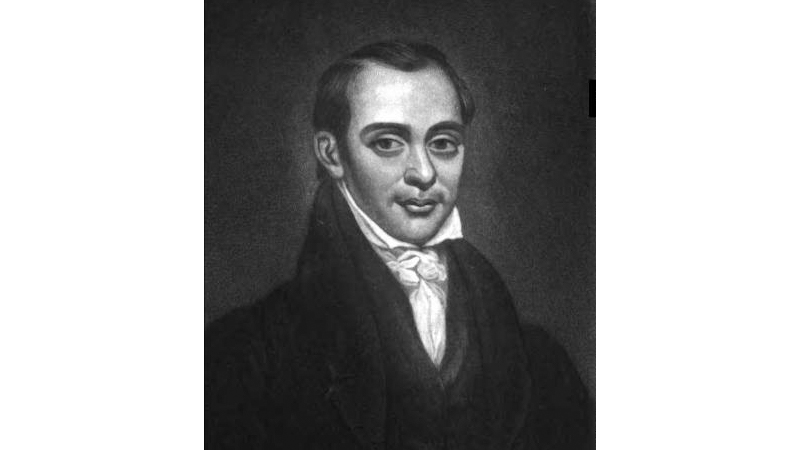

Karl Gützlaff was born into a devout Pomeranian family. He dedicated his life to Christ in June 1821 while studying at a mission school in Berlin, and in 1826 the Netherlands Missionary Society sent him to Indonesia. Gützlaff was the first of many missionaries who came to China from Continental Europe. He used tracts produced by Robert Morrison, clashed with Elijah Bridgman, and inspired Hudson Taylor to live Chinese-style in the interior. He always attempted much, often listened little, and experienced both success and failure.
In Indonesia, Gützlaff met Walter Medhurst, a British missionary working among Overseas Chinese. Gützlaff felt God’s call to China so intensely that he was adopted into a Chinese family, mastered several Chinese dialects, and adopted Chinese styles of dressing and eating. He distributed medicines and tracts given to him by Robert Morrison while on several voyages along the coast of China, sometimes also acting as the translator for opium smugglers. This role, along with his later service as a British colonial official, was another unfortunate link between missions, opium and imperialism.
After the First Opium War, Gützlaff formed the Chinese Union. His goal was to take advantage of the new freedom that Chinese had to take the gospel to the interior, even though foreign missionaries were still restricted to the five treaty ports. Gützlaff’s 300 Chinese evangelists were soon sending back reports of thousands of converts while sometimes jealous foreign missionaries counted converts on their fingers. Unfortunately, the reports were a hoax, and the Chinese Union collapsed.
A more permanent legacy of Gützlaff was the church among the Hakka people, a linguistically distinct group that had migrated from north China centuries earlier. His reports inspired German missionaries to work among the Hakka in eastern Guangdong. In combination with Chinese evangelists trained by missionaries in Guangzhou, they planted a strong church among the Hakka thaat has continued to the present both inside China and among overseas Chinese.
Gützlaff’s legacy included not only the Hakka church and his spiritual heir, Hudson Taylor, but there is a fascinating story about a blind Chinese girl cared for by the Gützlaffs. Karl’s first wife died in Thailand in 1831, and he married Mary Wanstall in 1834. While living in Macau, they began rescuing and educating blind children. They sent four blind girls to England for further education, including one named Agnes. Mary died in 1849, and Karl just two years later with the China Union scandal weighing heavily on his mind. Agnes returned to China in 1856. She spent the last twenty years of her life educating the blind, sharing the gospel and supporting herself by teaching English to wealthy Chinese. When she died, her will directed that her estate be used to found the Gützlaff Hospital in Shanghai. Karl and Mary must have smiled from heaven!
Hudson Taylor called Karl Gützlaff “the grandfather of the China Inland Mission”, and Elijah Bridgman wrote, “perhaps it is well that there are some such men in the world; & perhaps too it is equally well that they are few.”